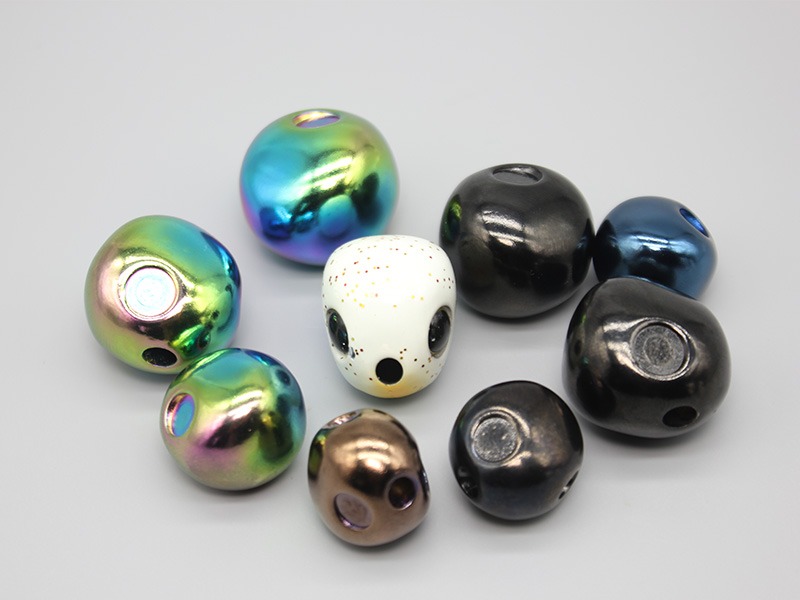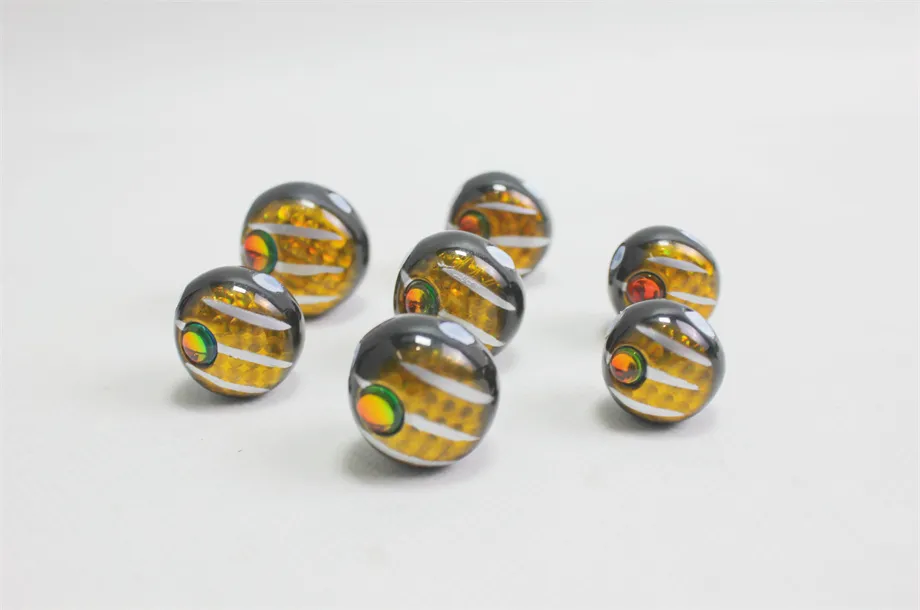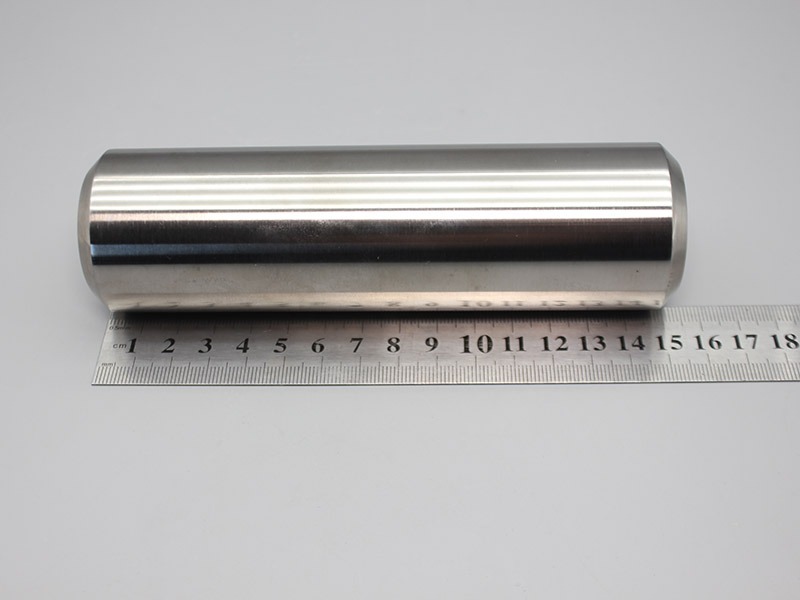China tungsten heavy alloy standard showcases a remarkable mixture of power, flexibility, and thermal fatigue resistance. It is able to endure high pressure and very high temperatures getting neither through mechanical consistency. The aforementioned properties are a reason for its usage in the aerospace industry, particularly in flight control systems, radiations, and oil drilling. Besides that, its long-term dimensional accuracy cuts down on maintenance frequency while at the same time guaranteeing the quality of output.

In addition to strength, China tungsten heavy alloy standard is also important to the medical and nuclear industries for radiation protection. The high atomic mass number provides exceptional shielding from gamma rays and x-rays. Hospitals utilize China tungsten heavy alloy standard in CT scanners, collimators, and lead protective barrier panels. Nucleaer power facilities utilize China tungsten heavy alloy standard in reactor shielding and shipping containers. The durability of the alloy allows the use of thinner mass while still achieving the same protection level, thereby offering efficient use of space and long-term reliability.

The increasing global focus on clean energy and smart materials will provide direction for future China tungsten heavy alloy standard. It will be integrated into wind turbine systems, advanced weapons stabilization, and sustainable transportation methods. Designing hybrid alloys will improve performance and capability while incorporating environmental performance.

To extend the life cycle of China tungsten heavy alloy standard, do not apply excessive force to avoid impact damage which can produce micro-cracks in the ground surface. Periodic polishing, particularly in the application of precision tools for surgery or sub-disciplines in medicine, can restore surface smoothness. Avoid contact and handling with reactive metals to minimize galvanic corrosion.
China tungsten heavy alloy standard provides weight efficiency with thermal management in advanced engineered systems. The dense character of the material provides mechanical stability and vibration control. Due to its density, China tungsten heavy alloy standard is very likely to be encountered in precision machines, components of missiles, and other engineering systems.
Q: How is Tungsten heavy alloy used in oil and gas exploration? A: It serves as a key material for counterweights, drilling tools, and downhole equipment due to its density and wear resistance. Q: What maintenance practices help preserve Tungsten heavy alloy components? A: Regular cleaning, controlled storage, and protection from moisture help prevent oxidation and extend service life. Q: Why does Tungsten heavy alloy perform well in vibration control? A: Its density and internal damping capacity reduce oscillations in precision machinery and aerospace systems. Q: What machining techniques are best for Tungsten heavy alloy? A: CNC milling, grinding, and electrical discharge machining are commonly used for shaping Tungsten heavy alloy with precision. Q: How does Tungsten heavy alloy support environmental sustainability? A: It replaces toxic lead in many applications while offering durability and recyclability for eco-friendly production cycles.
I’ve worked with Tungsten heavy alloy materials for years, and they never disappoint in precision or reliability.
The tungsten jig performs great in both saltwater and freshwater; it doesn’t rust or wear out easily.
To protect the privacy of our buyers, only public service email domains like Gmail, Yahoo, and MSN will be displayed. Additionally, only a limited portion of the inquiry content will be shown.
Our aerospace division is sourcing tungsten heavy alloy counterweights. Please confirm density, tole...
I’m interested in your tungsten jig models used for saltwater fishing. Please share your catalog a...

Copyright © Zhuzhou Jiuding Metal Technology Co., Ltd. All Rights Reserved